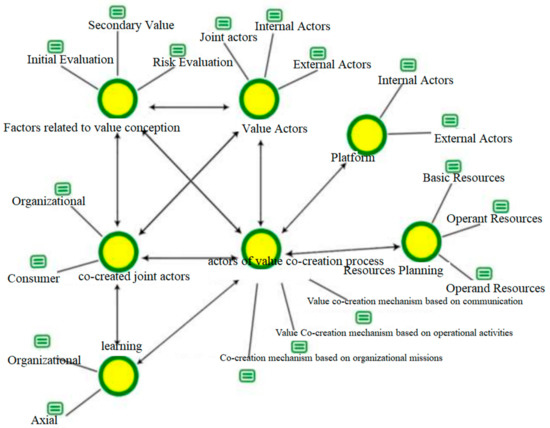
- #What does z level mean in creation workshop how to
- #What does z level mean in creation workshop free
Encourage others to speak up - a key lesson from studying genocide is that bystanders enable it.Ħ. Offer them a way out so that they'll reconsider. Those responsible are engaged in conversation to make sure they know that what they said is hurtful. To make upstanding the new normal, we need new patterns: This is at the heart of the shift toward an upstander culture. Reaching Out to Adult PeersĪdults must be held to the same standards as students. It presumes becoming open to the other, rather than seeing the other as the object of study. Cultural HumilityĬultural humility prioritizes self-humility rather than accumulating knowledge about someone else. Once students develop comfort with this practice, they call their own circles when relationships are damaged. A talking piece regulates the conversation. When in circle, we listen without judgment, refrain from interrupting, hear all voices, share airtime, learn patience, and speak from our own experiences. Circles are equalizers and constitute an invitation to sit together in respect and confidentiality. Indigenous elders from the Pacific Northwest shared this ancient form of social technology with my mentors. Studying genocide places one's personal challenges in a larger context and supports perspective-taking and the development of empathy. Teaching about genocide supports character education and helps students reconsider their own assumptions about in-group/out-group dynamics, scapegoating, revenge, and forgiveness. In one school, we had a rich conversation about "loyalty," and students opted to keep it off their list until further study. It's worthwhile to take the time for making sure that everyone understands the meaning behind all words. They and their teacher are now trying to share responsibility for upholding it. Recently tenth and eleventh graders in a Connecticut high school developed a values list. 1.Values-Based Classroomsĭistressed by the thinning of the curriculum and flood of unwanted requirements, many teachers yearn to create values-based classrooms. Here are some ideas to consider if you want to prevent and stop othering, and cultivate upstanders. 7 Ways to Promote Upstander Cultureįor the past five years, I have taught secondary teachers and school counselors about colonialism and genocide to deepen their understanding of those themes, and to explore the connection between genocide in a faraway place (Rwanda) and othering in our schools so they can promote upstander behavior. They also want to know what to do when adults reveal their own bias and prejudice. #What does z level mean in creation workshop free
Students want a school environment free of the aggression. "No more judging" and "Stop the name-calling" are common refrains. schools want their classrooms, lunchrooms, hallways, and athletic fields to be safer, and their peers and the adults in the building to be more caring, supportive, and accepting. students feel humiliated, stressed, and vulnerable as they approach and enter the school building.
#What does z level mean in creation workshop how to
Many who are spared the toxicity of othering still experience anxiety because they don't know how to stop it. Students report being targeted for their differences and for belonging to a cultural, religious, or racial group that is discriminated against. Without othering, thousands of children in American schools would feel safer and more able to focus on learning. The common denominator is cruel speech and actions. It happens to individuals and groups, and changes from one school to the next. They suffer in response to othering, a human behavior that divides people into "us and them" by singling out some for aggression once they are branded as the despised "other." Name-calling, excluding, and incessant lies set the stage for more destructive behavior. What Is Othering?įrom a trickle to a steady stream, students are coming out of the shadows to tell stories of repeated shaming, isolation, and abuse at school.

In a recent workshop with high school students, I asked, "How can you make upstanding cool?" Their responses were impressive and in essence called for the creation of a social movement.

Upstanders interrupt biased speech and harmful behavior, and seize the moment to explain why they are offensive.

How? By cultivating upstanders among students and adults. One of the most effective ways to overcome othering is by making it socially unacceptable.







 0 kommentar(er)
0 kommentar(er)
